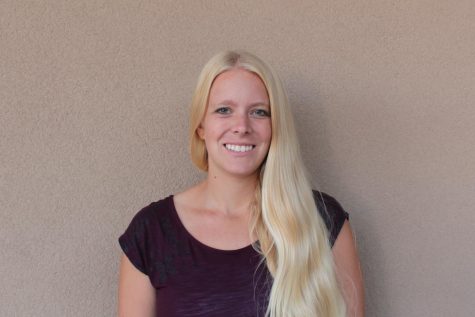University Combats Cheating Scandals By Legalizing Bribes
Premiere institution now allows all students to provide financial incentive for acceptance
In light of the newly exposed college admissions cheating scandal headed by Hollywood’s finest, the University of Southern California has decided to make bribes an accepted and valued part of the application process in an effort to sidestep public outrage directed at the Los Angeles-based premiere university’s already tarnished reputation.
“We simply cannot stop accepting bribes from affluent people or the whole system would simply collapse. Therefore, in an effort to make things fair for everyone, we will accept bribes from all applicants,” Patrick Pockettliner, Senior Funds Manager at USC, explained when announcing the new policy.
Regardless of the size, gifts to the school will now be considered a valid application credential. In addition to the standard application fee of $85, USC hopefuls are now strongly encouraged to add a little extra to grab the attention of the admissions office. This could be in the form of fruit baskets, large donations to the school, pre-signed blank checks, a large Instagram following with the promise to become an influencer for the school, all-inclusive getaways, or the rights of the student’s first-born son.
University officials predict that not only will this expedite the admissions process, but that it will make decisions simple, saving the school a great deal of man-hours. The new policy is set to be put in place by June 20, which is just in time for the next application period.
“Anyone can make good grades and test scores, but that doesn’t guarantee their commitment to school spirit,” said Nick Stephanopoulos III, the interim president of the university. “These gifts will represent the seriousness of the student attending the school. This way, students don’t have to keep pretending like they are athletes that can compete at the college level, and we can get back to building winning teams.”
Betsy DeVos, the United States Secretary of Education, was quick to express her enthusiasm in a blunt statement that conveyed her support of the new policy. “Despite what the liberals say, college isn’t for everyone. America’s preferred students are the ones who have adequate financial means and should always be a top priority. Bringing this system above-ground is a sure way to separate out the undesired candidates.” Her recent efforts have reinforced her belief that college is a hefty financial investment by pulling the plug the Public Service Loan Forgiveness (PSLF), which many loan-plagued students deemed a saving grace. “It’s time to stop the coddling,” DeVos said in a later response in an attempt to muffle the inhuman cries of student suffering.
USC expects to benefit substantially from this new policy. Plans for renovations and technology updates are already underway with the new budget projections. The university claims this will only better the environment for their students, including the ones who were admitted on academic merit despite the lack of a donation.
When asked how the new policy will impact academic honesty within the school, the university insisted it’s a new way to revolutionize higher education. “In the real world, bosses pay a skilled worker to do specialized tasks for them. Paying another student to complete schoolwork is now seen as a delegation skill and shows entrepreneurial potential,” said Copina Cattrell, the department head of Economics and curriculum supervisor for the university.
However, applicants are still barred from altering or falsifying certain personal information such as home address, high school attended, citizenship, parental identity or Instagram followers, unless a sizable gift is offered. “Everyone deserves the chance to become a new person when they go to college and leave the past behind,” said Stephanopoulos “We are proud to say this new admissions process makes that achievable.”


